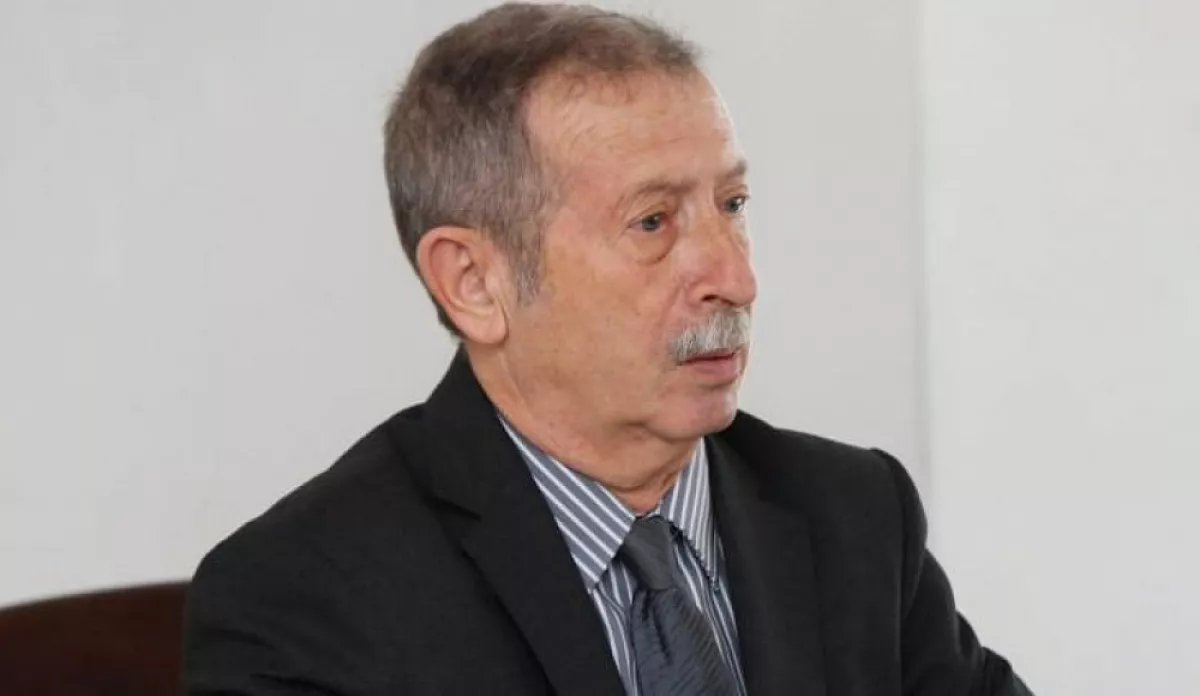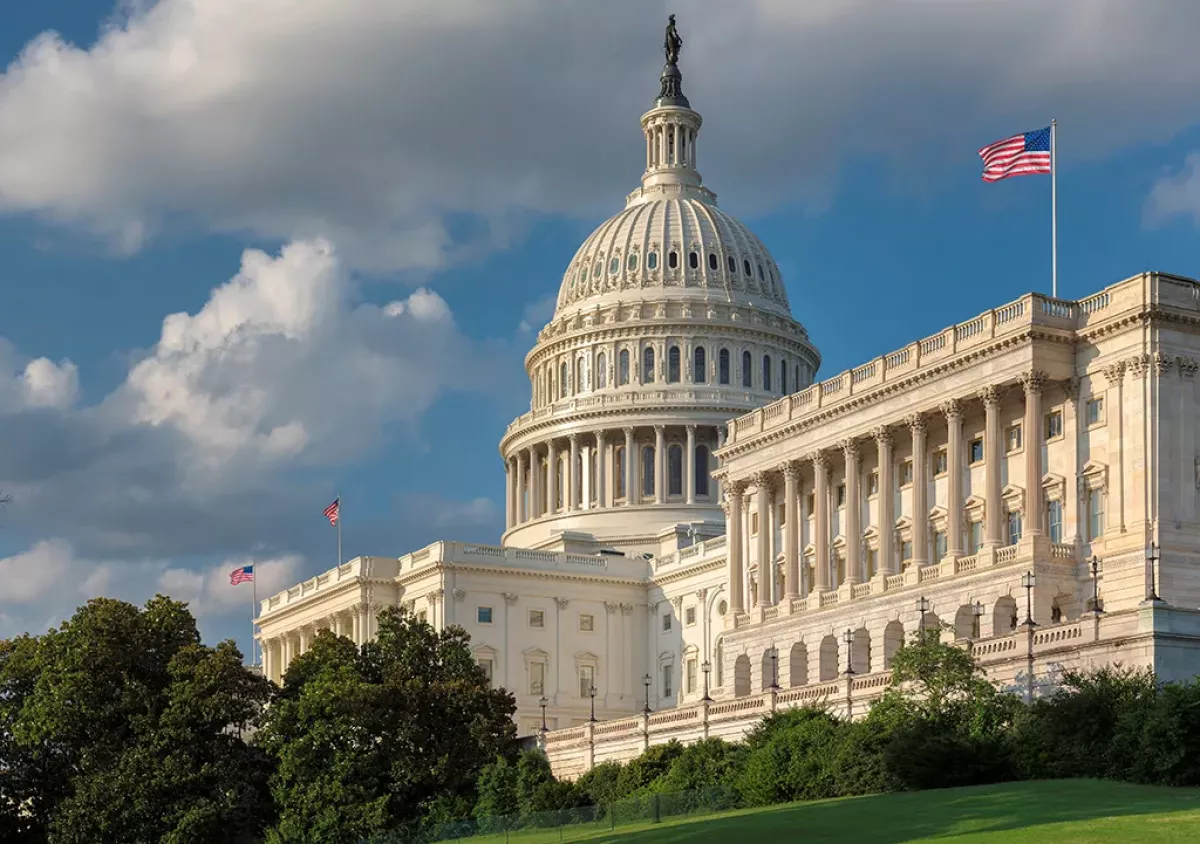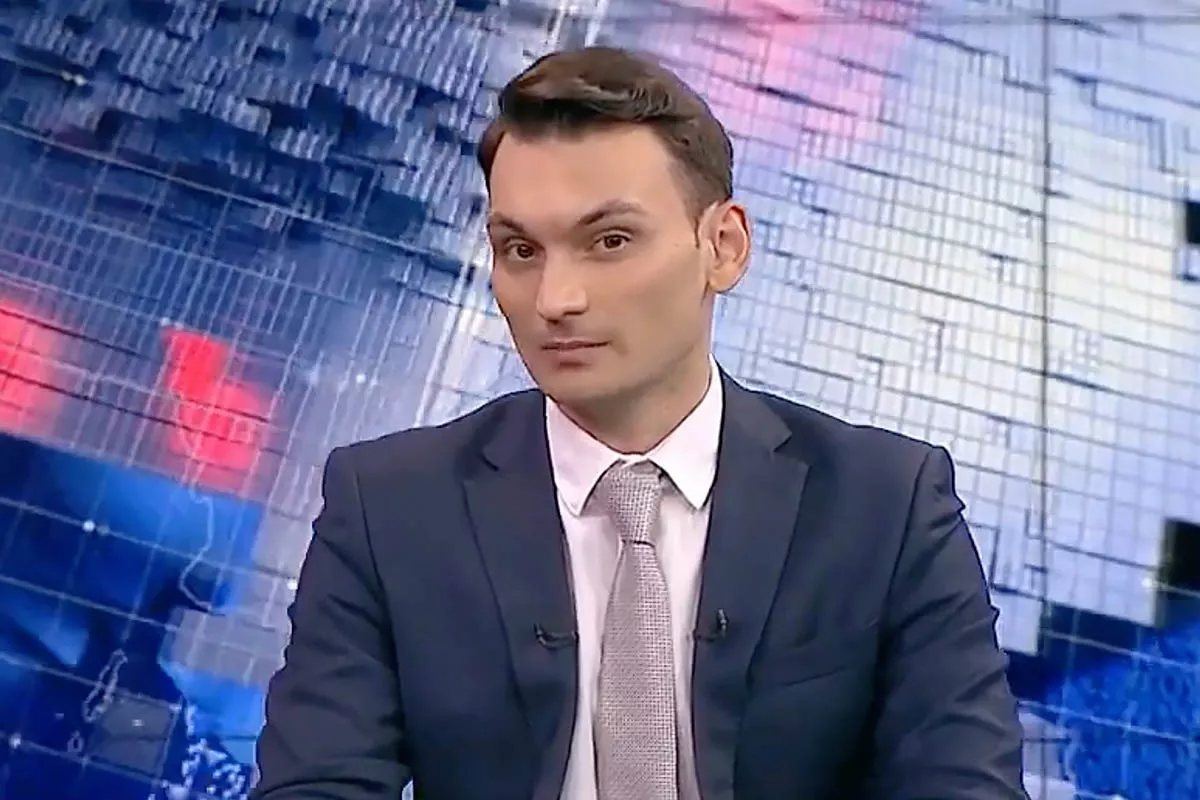Iran’s Zangezur deadlock Strategic concerns without military options
“The implementation of the Zangezur corridor project is aimed at undermining Iran’s national security and the country’s strategic interests,” said Ali Akbar Velayati, advisor to the Iranian leader on international affairs. According to the Tasnim agency, Velayati believes that “the Zangezur corridor represents a geopolitical scheme initiated by the United States and Israel.”
“The enemies of Iran are consistently trying to undermine the foundations of this identity in order to harm our national security. In this context, plans such as the ‘Zangezur corridor’ are being implemented as a cover for broader geopolitical projects. The main goal is to weaken the ‘Axis of Resistance,’ sever Iran’s ties with the Caucasus, and establish a land blockade of Iran and Russia in the southern part of the region,” the advisor stated.
According to him, “the project is part of a U.S. strategy to shift pressure from Ukraine to the Caucasus and is supported by NATO and a number of Pan-Turkic movements.”
Velayati emphasised that Iran has firmly opposed such actions from the very beginning, including the deployment of troops at the border, thus demonstrating that issues of national security are a “red line” for the country.
Statements by Velayati indicate that not all senior political circles in Iran are oriented towards mutual understanding and building good-neighbourly relations with surrounding countries. In this context, Velayati’s position, who is close to the Rahbar, sharply contrasts with the much more constructive statements and initiatives of the President of the Islamic Republic of Iran, Masoud Pezeshkian.
Following the advisor to Khamenei’s remarks, some observers have already expressed concerns that Iran might resort to military escalation to prevent the construction of the Zangezur corridor through Armenian territory.
How justified are such assumptions? Is Iran capable of deciding on military actions in its current difficult situation?
Renowned regional experts shared their opinions on this matter with Caliber.Az.

Expert on Iran, Dr Vladimir Mesamed of the Institute of Asian and African Studies at the Hebrew University of Jerusalem, noted that the Zangezur issue has grown even more acute in recent days.
“Zangezur has long been a topic of discussion, but in recent days, media reports have emerged suggesting that American interest in this corridor has been growing for decades. Iran’s central press has once again published articles warning that the country’s geopolitical interests in the South Caucasus are under serious threat.
The danger, as Iranian media reports suggest, stems from numerous documents and statements by American politicians that have now come to light. Allegedly, the U.S. is trying to exploit the current instability in the Caucasus to secure the agreement of Azerbaijan and other countries that could be ‘drawn into’ this project. This was recently written about by Iranian diplomat and journalist Hamid-Reza Assefi—a well-known figure in Iran who served for many years as the Foreign Ministry’s spokesperson. He also openly claimed that Iran’s geopolitical interests are now under threat. Velayati’s recent remarks serve as further confirmation of these concerns.
In fact, Velayati’s statement marked the first serious response by Iran’s leadership on this matter, given that he has long served as an advisor to the country’s Supreme Leader and was Iran’s foreign minister for 16 years in the past.
The Iranian press emphasises that a new wave of geopolitical tension is brewing in the South Caucasus, directly threatening Iran’s regional role. The potential transfer of control over the corridor to the United States is causing significant concern among Iranian politicians. Tehran has traditionally been highly sensitive to the presence of ‘outsiders’ in the Caucasus.

From Iran’s perspective, the Zangezur corridor is not merely a transport route between Nakhchivan and mainland Azerbaijan. Through the eyes of the West, it is part of a broader plan to connect the Caspian and Mediterranean seas, supported by Türkiye, Israel, and the United States.
The implementation of this plan, as Tehran sees it, would mark a strategic shift in the region’s entire security architecture. Iran, in turn, views the South Caucasus as part of its ‘red lines.’ Yet, as Asefi rightly notes, these lines are effectively being erased amid Tehran’s silence and passivity. However, Velayati’s statement suggests that this passivity is beginning to give way to a growing awareness of the threat.
If the corridor does indeed fall under U.S. control, it would institutionalise an American presence along Iran’s northern borders. This appears paradoxical, given Tehran’s long-standing sensitivity to such a presence. Velayati has yet to outline a clear position, and Assefi criticises the Iranian leadership for focusing more on countries with proxy structures—such as Lebanon, Iraq, and Yemen—while critically important developments on the northern frontier receive insufficient attention,” the professor noted.
According to him, if the Zangezur Corridor is established without Iran’s involvement, it would deprive Tehran of an effective route to Europe.
“Iran’s European gateway would effectively be closed. This would significantly curtail its foreign policy and economic options, limiting its outreach to Central Asia and the Persian Gulf states. In turn, Iran would be pushed away from trade and political corridors leading toward the Mediterranean. The loss of access to these routes would mark a geopolitical weakening — both regionally and globally.”
He noted that Iran finds itself caught in a strategic double bind: on the one hand, it presents itself as a guarantor of regional security; on the other, it is unable to protect its core interests in the South Caucasus.
“If Tehran continues to hesitate, it risks not only losing its influence but also being cut off from Western Asia altogether. That would be a rude awakening — the realisation that it has lost access to regions it once regarded as part of its natural sphere of influence. Time is shifting the coordinates,” Mesamed stressed.
At the same time, he ruled out the likelihood of a military conflict, despite the gravity of the issue.
“Yes, Iran fears that the future corridor might fall under the control of the US and Israel. But talk of military confrontation at this stage is belated. Iran has recently suffered a major strategic defeat — something even Iranian Foreign Minister Seyed Abbas Araghchi admitted when he acknowledged that a significant part of the country’s nuclear programme has been destroyed. In addition, Iran has lost many of its proxy assets, and its air defence and aviation forces have also sustained serious damage.”
As a result, he concluded, Iran’s threats remain largely rhetorical and lack any meaningful military backing.
“It is highly unlikely that Iran, in such a short time after devastating bombardments, has managed to restore its defensive capabilities or is prepared for military confrontation with powers such as Israel and the United States.”

Orientalist and Middle East expert Ruslan Suleymanov, in turn, noted that the current rhetoric from the Iranian leadership is far from its most aggressive.
“In the past, we’ve heard much harsher statements from Tehran — though they ultimately led nowhere. This is typical of Iranian political discourse, which reflects a clear awareness of the country’s limited resources. At present, I see no grounds for a serious military escalation on Iran’s part.”
Addressing the Zangezur Corridor issue, Suleymanov pointed out that Iran had already exhausted most of its leverage by 2023, when Azerbaijan fully restored its territorial integrity.
“Prior to that, Iran could stage military drills near the border or engage in other symbolic shows of force, but those days are over. In fact, as early as October 2023 — just a month after the Karabakh operation — the Iranian side accepted an alternative to the Zangezur Corridor: the so-called Araz Corridor, which in many ways serves Tehran’s interests.”
Therefore, he concluded, even if Tehran continues to issue sharp statements, its current strategic position does not allow for military escalation — especially following the recent 12-day war with Israel.
“Objectively, Iran is not in a condition to initiate a confrontation. The aftermath of its recent conflict with Israel has further constrained its capacity to act.”








